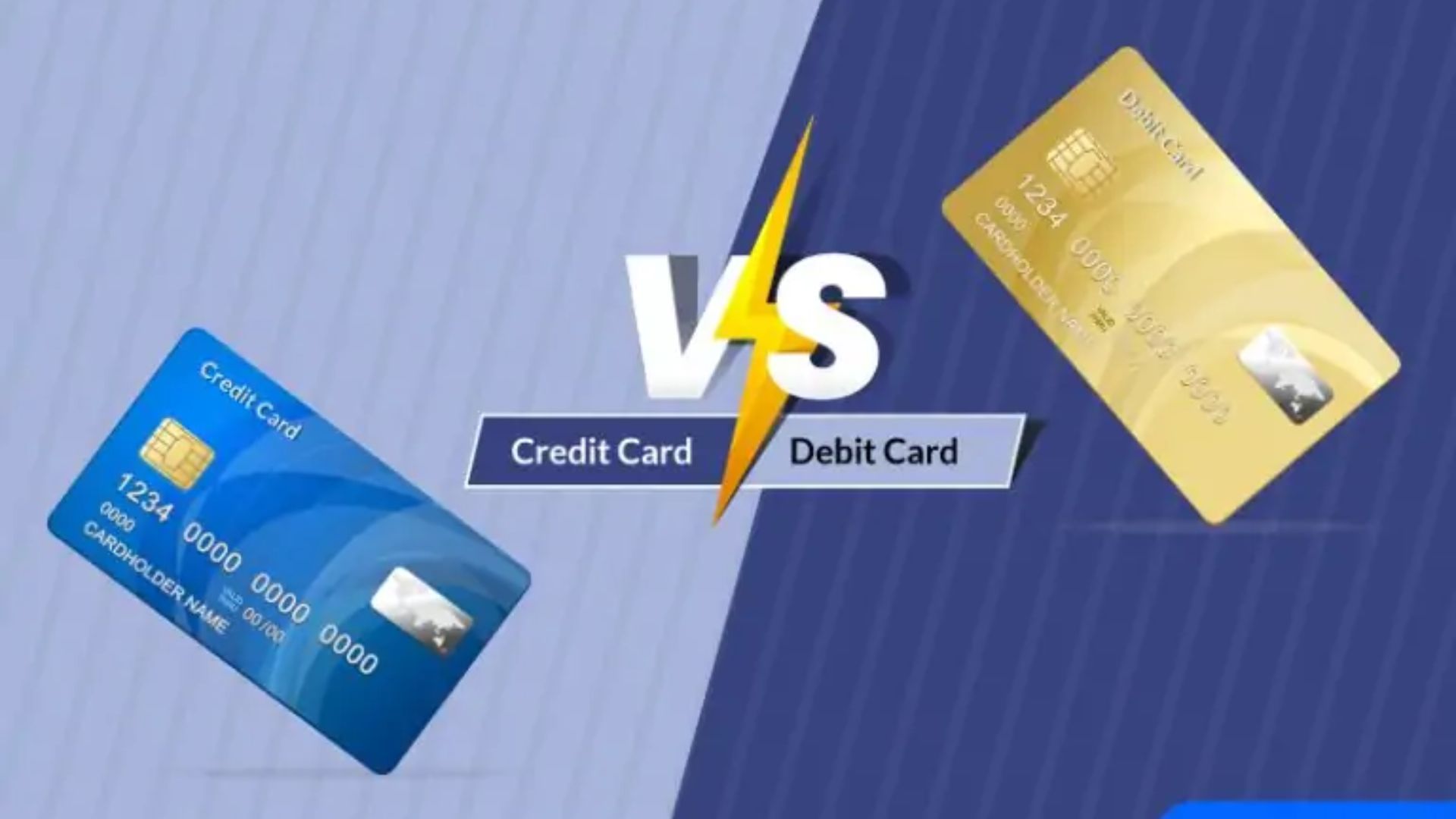

Electronic Transactions have become a part of our day-to-day payments; thus, the usage of plastic cards is indispensable for managing finances and making payments. Among the different types of cards, only the debit and credit cards stand out as the primary options among all.
Both cards have their features, advantages, and disadvantages, making it difficult for consumers to choose between them. Thus, it is the choice of the consumer to make his decision for either a Debit Card or a Credit Card. Through this article, you will get to know about the differences between debit and credit cards along with their advantages and disadvantages. With the knowledge of cards, one can choose the best-suited option as per his/her financial needs.
What Is A Debit Card And How Does It Function?
A debit card is a card that is directly linked to the checking account of the consumer and allows one to access the money for making purchases, withdrawals, or any other transactions. The amount spent is immediately deducted from one’s bank account and it allows you to spend only that sum of money which he/she has in their account.
What Is A Credit Card And How Does It Function?
A credit Card is a card that allows one to overspend the money up to a predetermined credit limit. A Credit card holder is required to repay the extra sum of money within a specified period. It provides the holder some flexibility and an opportunity to build a credit history.
For choosing between a debit card or a credit card, a person must be aware of its advantages and disadvantages. So here we are with those:
DEBIT CARDS:
CREDIT CARDS
Determining The Most Suited Card For An Individual
As now we have understood the meaning, advantages, and disadvantages of debit and credit cards, we can decide our preference for debit or credit card which is best suited to our needs and requirements. We can consider some factors for making a suitable choice for us:
-> Financial Habits and Goals: One must evaluate his spending habits and financial goals to determine the type of card that aligns the best with his requirements and lifestyle. For example, if there is an individual who prefers budgeting and avoids debt then he/she will opt for a debit card instead of a credit card.
-> Credit History and Score: If one aims to establish or improve his credit history, he/she can opt for a credit card as it aligns with his objectives, and using it responsibly will help him to achieve this goal. On the other hand, a person with debt problems or willing to avoid credit can go ahead with a debit card to be on the safer side.
-> Risk Tolerance: If an individual is confident in tolerance of risk and will be able to manage debt responsibly then he can opt for a credit card. But If a person is concerned about the problem of overspending or debt accumulation, a debit card is a better option for him.
-> Card Features and Rewards: One can compare the features, rewards, and benefits offered by different debit and credit cards to find the best-suited one as per his preferences and priorities.
-> Security and Fraud Protection: An individual should give major importance to the security measures and fraud protection offered by debit and credit cards to safeguard our funds against theft.
In conclusion, the choice of debit or credit cards depends on the decision of the holder and keeping into consideration his financial situation. Both the cards offer different advantages and disadvantages and the best card would be as per one’s spending habits, credit history, and risk tolerance levels.
One must evaluate both the options and select the one aligning with his/her financial objectives, the card selected must maximize the benefits and minimize the risks to its holder.